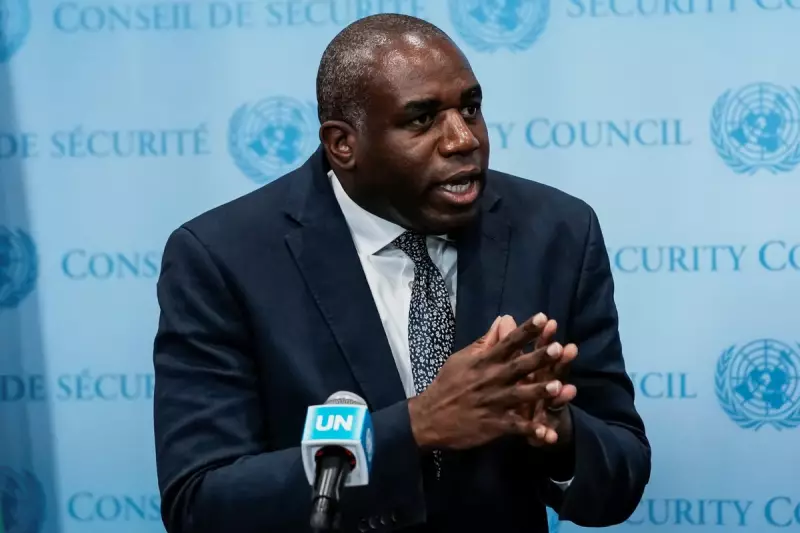
Labour's Shadow Foreign Secretary David Lammy has ignited a firestorm within his own party after making controversial comments about Israel and Gaza, prompting calls for greater discipline from senior frontbenchers.
The Tottenham MP faced immediate backlash from colleagues after stating that Israel should allow more humanitarian aid into Gaza during the ongoing conflict. Lammy's remarks have exposed deep divisions within Labour's ranks regarding the party's stance on the Middle East crisis.
Senior Labour figures have expressed outrage over Lammy's intervention, with one frontbencher telling The Independent: "We need to show discipline. This isn't helpful." The comments reflect growing tensions within the shadow cabinet over how to approach the sensitive Israel-Gaza situation.
Another Labour MP criticised Lammy directly, stating: "He shouldn't have said that. It's not his place to make such statements without party consensus." The internal criticism highlights the delicate balancing act Labour faces in maintaining unity while addressing international humanitarian concerns.
The controversy comes as Labour leader Keir Starmer attempts to maintain a coherent foreign policy position that satisfies both the party's left wing and more centrist members. Lammy's comments have threatened to undermine this delicate equilibrium, prompting swift internal reaction.
Political analysts suggest that the incident reveals ongoing tensions within Labour's top ranks regarding how to approach foreign policy matters, particularly those involving contentious international conflicts. The party's response to the Israel-Gaza situation has been a subject of internal debate since the conflict began.
As shadow foreign secretary, Lammy's comments carry significant weight and could influence international perceptions of Labour's foreign policy stance. The internal backlash suggests that not all party members agree with his approach to the Gaza aid issue.
The situation continues to develop as Labour whips work to maintain party unity and prevent further public disagreements over foreign policy matters.





